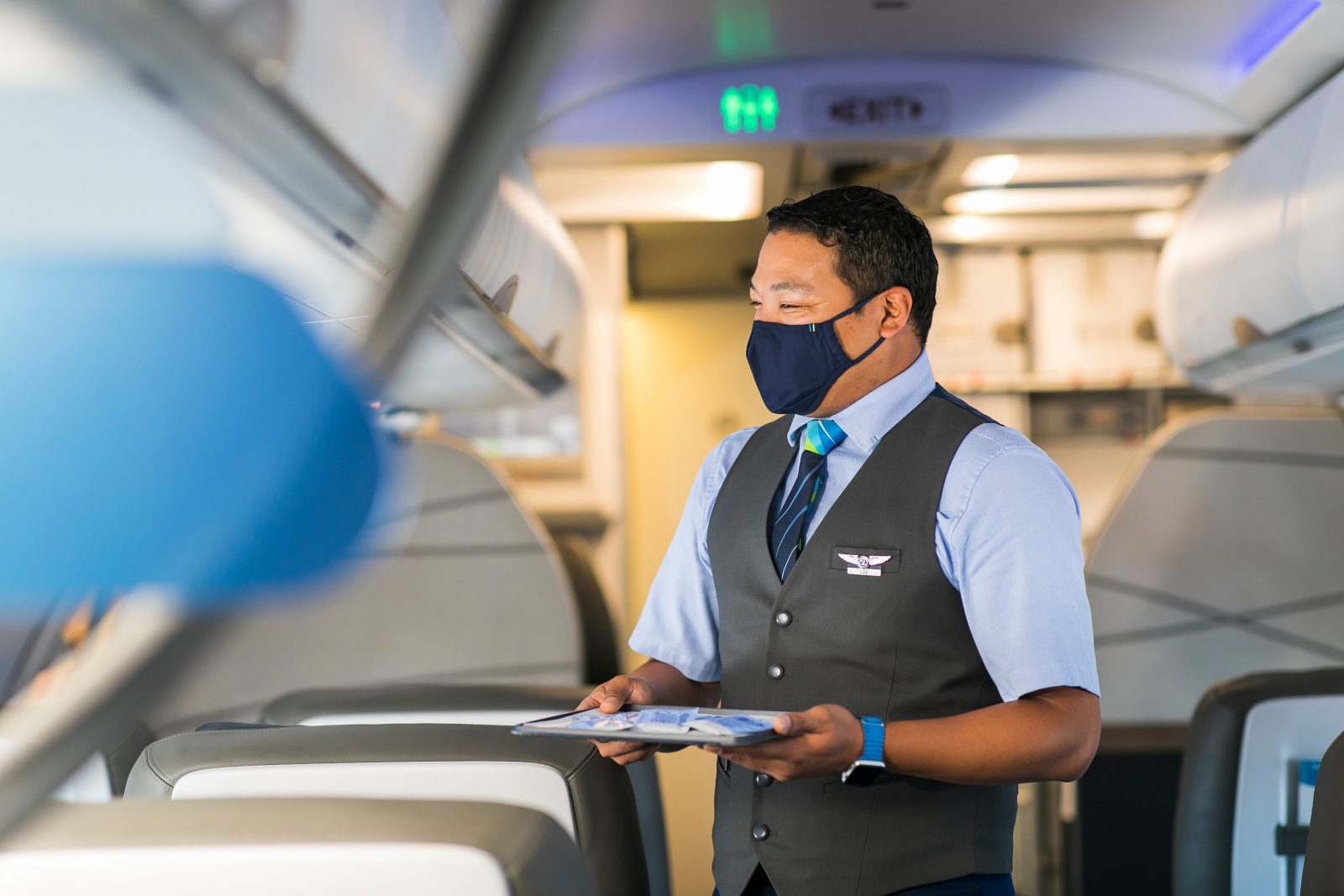
In a surprise decision, the Supreme Court of the United States has denied Alaska Airlines the right to appeal a decision that pitted the airline industry against flight attendants in a long-running dispute over California’s employee meal break regulations.
California’s generous Labor Code grants employees who work for more than five hours an uninterrupted 30-minute meal break. A second break is required for employees who work for more than 10 hours and transportation workers are generally entitled to an additional 10-minute break for every four hours at work.
A group of flight attendants at the now-defunct Virgin America airline had taken the airline to court over the carrier’s refusal to abide by California’s rest break laws because, the airline argued, flight attendant rest breaks were governed by federal rules that superseded State laws.
Alaska Airlines acquired Virgin America in 2016 and continued to fight the case against the flight attendants. A San Francisco appeals court, however, sided with the flight attendants and ordered Alaska to comply with California’s labor laws.
That decision was, however, put on ice pending a last-ditch appeal to the Supreme Court. On Thursday, SCOTUS denied Alaska’s petition for an appeal.
The decision will please the Biden administration who had submitted a written brief to the court asking the Justices not to bother hearing an appeal. Solicitor General Elizabeth Prelogar urged the Supreme Court to deny the petition despite acknowledging that the lower court had probably ruled in favor of the flight attendants by mistake.
Virgin America flight attendant Julia Bernstein brought the class action suit against her employer back in 2015 on the grounds the San Mateo-based airline was violating California’s labor codes by not giving flight attendants working on intrastate trips the required meal breaks.
Virgin America fought back arguing that meal breaks for flight attendants were governed by less generous rules contained within the Airline Deregulation Act of 1978 and federal rules superseded state laws.
An airline lobby group had also argued that the break rules would be bad for consumers and competition because airfares would have to rise to cover the costs associated with meeting California’s rules.
The aviation industry is increasingly concerned that this precedent could pit State laws against federal flight attendant rules including sick leave, breaks and rest requirements.
In a statement, Alaska Airlines said it was “disappointed” with the Supreme Court’s decision and was still trying to work out how to comply with California’s Labor Code while also meeting federal safety rules.
“We’re disappointed the U.S. Supreme Court declined to hear our appeal of the 9th Circuit Court’s ruling that requires airlines operating certain flights to provide California-based flight attendants meal and rest breaks during which they can have no duties and must be free to leave the aircraft, no matter where the aircraft is physically located or what is happening on the flight,” the airline said in a statement.
“We’re carefully evaluating how to balance California law with the federal rules that cover airline crew duties.”
Mateusz Maszczynski honed his skills as an international flight attendant at the most prominent airline in the Middle East and has been flying ever since... most recently for a well known European airline. Matt is passionate about the aviation industry and has become an expert in passenger experience and human-centric stories. Always keeping an ear close to the ground, Matt's industry insights, analysis and news coverage is frequently relied upon by some of the biggest names in journalism.







